How Hardware Asset Disposal Can Close Gaps in Your Cybersecurity Strategy
How Hardware Asset Disposal Can Close Gaps in Your Cybersecurity Strategy
Today, cybersecurity is more than just firewalls and antivirus software. While businesses focus heavily on protecting their online systems, many overlook a critical vulnerability that can expose sensitive data to severe risks—inadequate disposal of old hardware.
Whether it’s a decommissioned hard drive, outdated laptops, or old servers, improperly discarding these devices can jeopardize your organization's security. This is where partnering with hard drive destruction companies and secure hardware asset disposal services can make a significant impact.
This blog will explore how proper hardware asset disposal helps strengthen your cybersecurity strategy, the risks of ignoring this aspect, and actionable steps to secure your business.
Why Hardware Disposal Matters in Cybersecurity
When a piece of hardware like a hard drive, flash drive, or laptop becomes obsolete, it doesn’t mean your data automatically vanishes. Many organizations fail to account for the sensitive information still present on these devices.
Without proper disposal methods, malicious actors can retrieve data, leading to breaches, leaks, or compliance violations.
Key Risks of Neglecting Secure Disposal
1. Data Breaches: Even a single old hard drive, if improperly discarded, can allow hackers access to customer data, financial records, or account credentials.
2. Non-Compliance Fines: Many industries are governed by data protection regulations, like GDPR, HIPAA, or CCPA. Failing to destroy data securely can lead to substantial fines.
3. Intellectual Property Loss: Beyond customer data, your proprietary innovations, confidential strategies, or patents stored on old devices are at risk.
The Role of Asset Disposal in Cybersecurity
Secure hardware disposal doesn’t just eliminate clutter; it actively strengthens your defense against cybercrime. When expert hard drive destruction companies thoroughly erase or physically destroy your hardware, they close one of the most overlooked gaps in data protection.
How Hard Drive Destruction Companies Enhance Security
Data isn’t truly gone unless it’s destroyed properly. Here’s how professional services ensure maximum security:
1. Secure On-Site or Off-Site Destruction
Hard drive destruction companies like DataShredder Corporation offer flexible options for destroying your devices. On-site destruction involves shredding equipment at your facility, while off-site ensures anonymity by transporting items to a certified facility for obliteration. This guarantees no remnants of data remain.
Example: DataShredder’s NAID-certified team can securely shred hard drives, mobile devices, and more, either at your premises or theirs, ensuring your sensitive information is not compromised.
2. Compliance with Data Regulations
Reliable destruction companies follow industry standards, such as NIST 800-88 and NAID certification protocols, to ensure your organization complies with legal requirements. This safeguards you from regulatory penalties.
3. Certifications of Destruction
You receive official documentation confirming that your hardware has been destroyed in accordance with compliance standards. This serves as a paper trail to prove due diligence in managing sensitive data.
4. Media Destruction Beyond Hard Drives
Secure disposal includes all data-bearing media, from flash drives and backup tapes to smartphones and tablets. This comprehensive approach bolts down every possible cybersecurity gap.
Step-By-Step Guide to Implement Secure Hardware Disposal
Here’s how you can integrate asset disposal into your cybersecurity measures:
Step 1: Audit Your Hardware Inventory
Start by identifying all outdated or unused devices stored across your organization. This includes desktops, laptops, hard drives, servers, mobile devices, and any other equipment that may store sensitive data. Create a detailed inventory list, noting the type, location, and condition of each device. This step ensures no device is overlooked and allows you to plan for proper disposal.
Step 2: Work with a Trusted Hard Drive Destruction Company
Find and partner with a certified and reputable hard drive destruction company. Look for providers experienced in hard drive data destruction and secure recycling, such as DataShredder Corporation. Verify their certifications, reviews, and adherence to legal and environmental regulations. A reliable partner will ensure your data is destroyed properly, minimizing the risk of breaches.
Step 3: Choose the Right Method of Disposal
Select the disposal method that best suits your security and compliance needs:
- Shredding: Physically destroys devices by breaking them into small pieces, making data recovery impossible. This is a widely used method for high-security requirements.
- Degaussing: Uses magnetic fields to erase stored data, making it ideal for large-scale disposal of backup tapes, hard disks, and other magnetic storage devices. Pairing this with shredding ensures complete destruction for highly sensitive information.
Both methods are effective, but your choice should align with the sensitivity of your data and organizational policies.
Step 4: Request Certificates of Destruction
After the disposal process is complete, ensure your service provider issues Certificates of Destruction for every disposed device. This certificate serves as proof that the process was carried out securely and in compliance with regulations. Keep these documents for your records, as they may be required for audits or legal purposes.
Step 5: Establish an Ongoing Disposal Policy
Outdated devices shouldn’t accumulate in your storage rooms, as they can pose serious security risks if not handled properly. Build hardware disposal into your cybersecurity policy to ensure obsolete equipment is regularly cleared out in a secure and efficient manner. By properly decommissioning these devices, you reduce vulnerabilities, free up storage space, and maintain compliance with data protection regulations.
What to Look For in a Hard Drive Destruction Company
Not all providers are created equal. Look for the following qualifications when selecting a partner:
- Certifications: Ensure the company holds certifications like NAID AAA or compliance with NIST 800-88 guidelines.
- Customer Reviews: Check online reviews to evaluate their reliability and customer satisfaction. DataShredder, for example, has a reputation for “competitive pricing” and “fast, excellent service.”
- Flexibility: Whether you need on-site or off-site destruction, the company should adapt to your needs.
- Range of Services: Beyond hard drives, the company should handle other media and offer IT asset recycling if necessary.
Taking the First Step Toward Safer Data Management
Ignoring hardware disposal security can leave your business open to costly risks. Removing outdated devices in a secure and compliant manner is an important layer of defense in your overall cybersecurity strategy.
Whether you’ve got old hard drives needing destruction or IT equipment taking up space, companies like DataShredder Corporation offer efficient, reliable services to plug gaps in your security system.
Don’t leave your sensitive data up to chance. Take the first step in managing your hardware responsibly.
Contact DataShredder today
to ensure your organization stays compliant, secure, and protected.

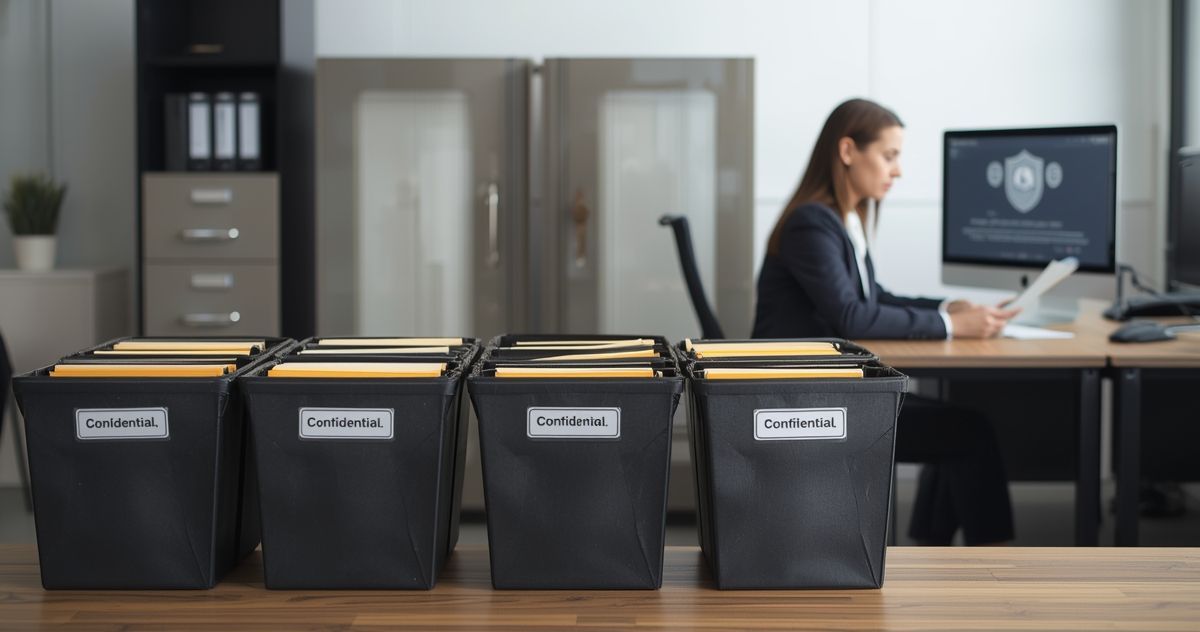
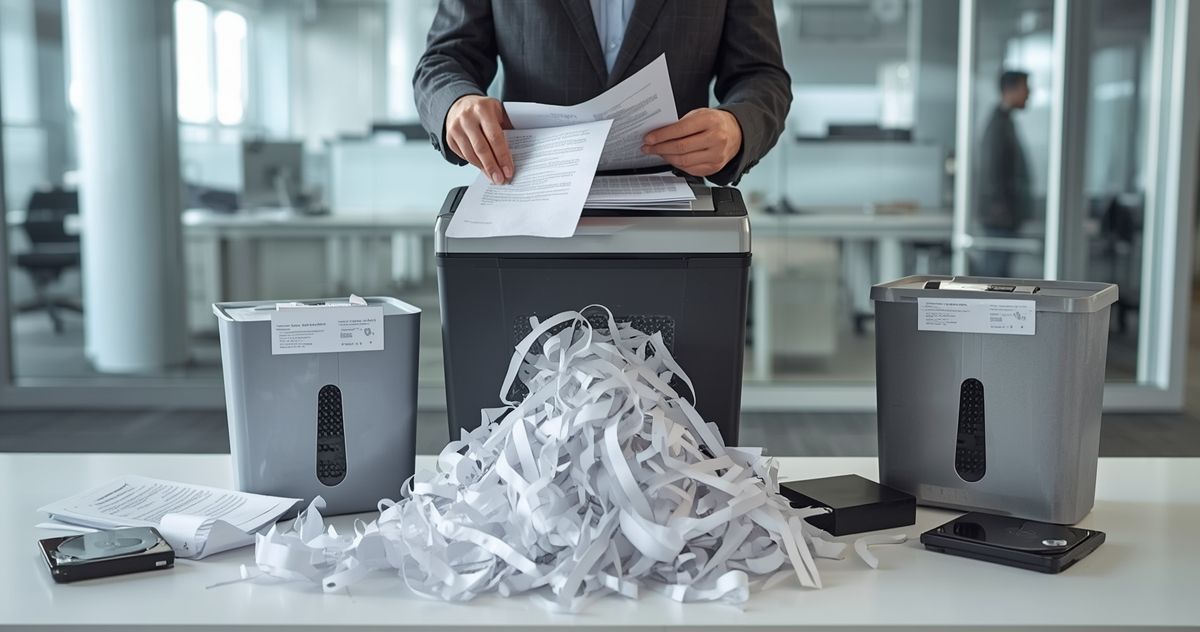




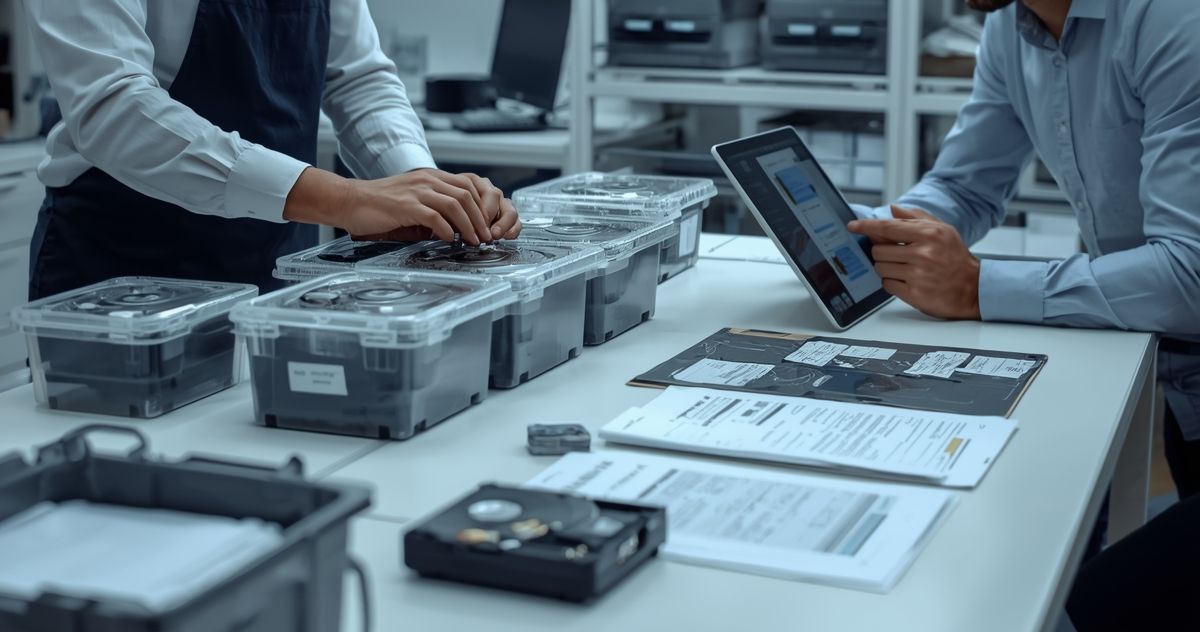

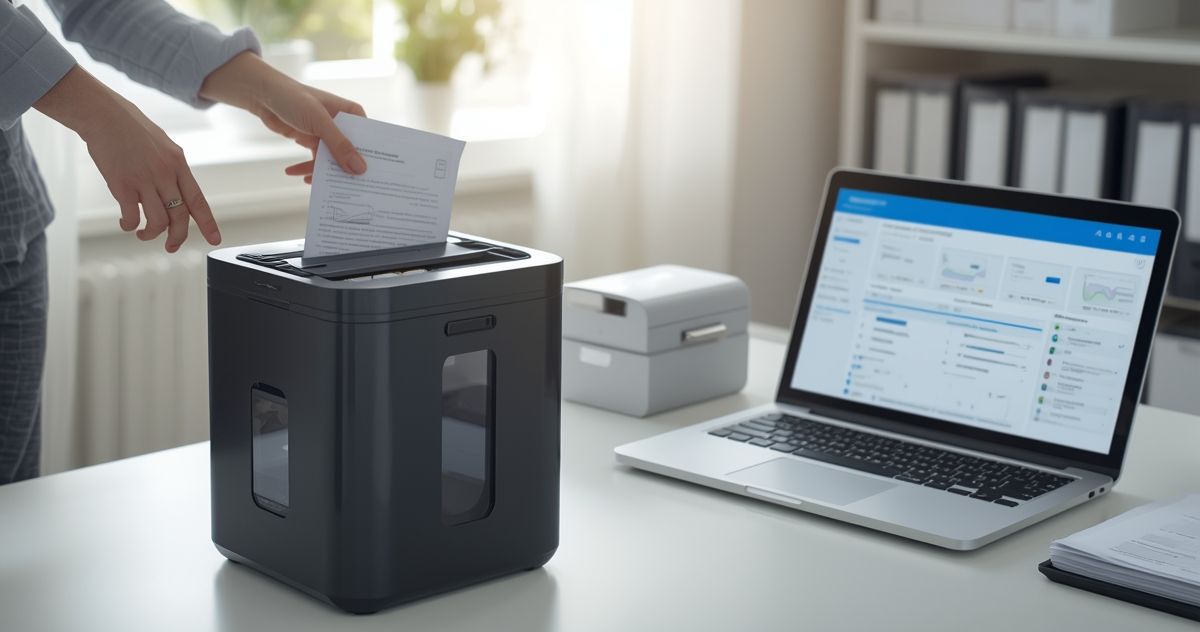
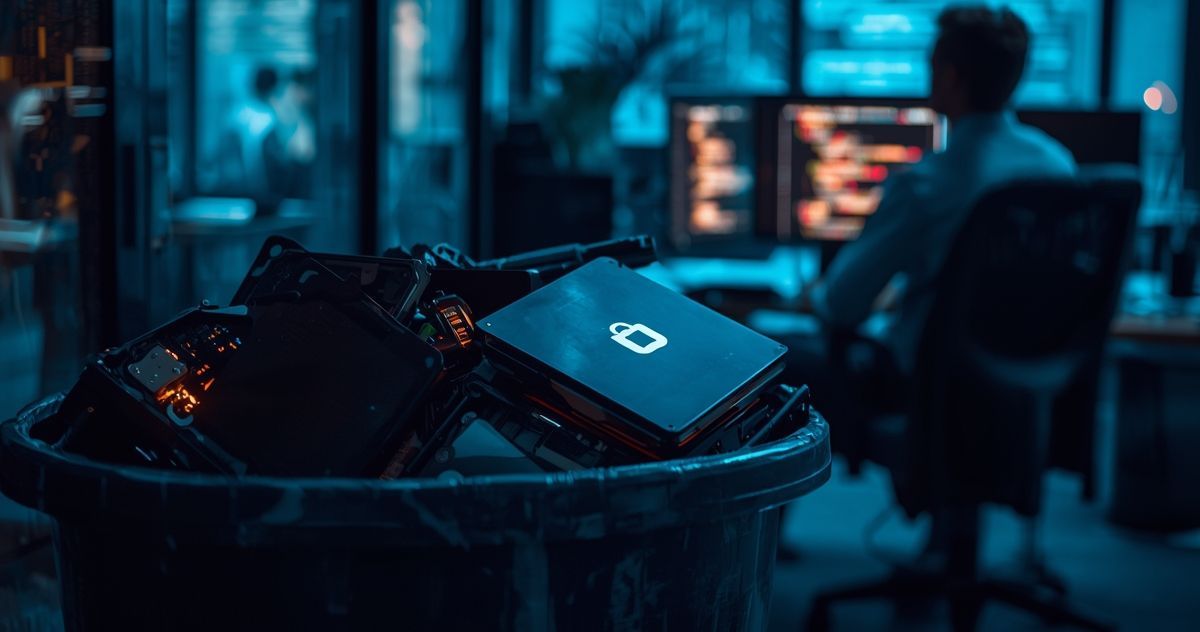
Share On: